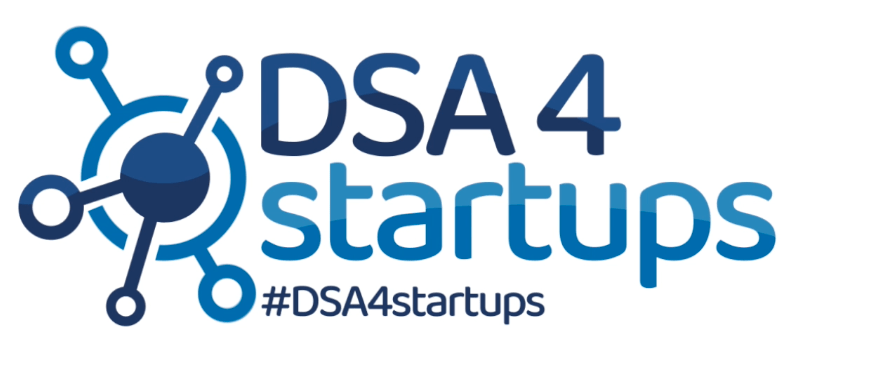This week we have published our position on the DSA, which lays out measures that work for startups, and those that may hamper startups’ potential. In this blogpost we sum up 5 key concepts of the Digital Services Act that will support successful startup ecosystems.
Focusing on illegal content: There is currently no clear definition of illegal content at the EU level which creates a lot of uncertainty for startups. Each Member State relies on its own definition of “illegal content”. Harmosing and specifying this definition allows for startups to comply with this regulation once, rather than 27 times.
Strengthening the intermediary liability exemption: Platforms need legal certainty to ensure that they would not be held liable for actions outside their control, such as users’ actions. The E-Commerce Directive laid down how startups could use an intermediary liability exemption, which made this directive a foundational part of the digital economy. This, in turn, has provided users with countless freedoms and means of self-expression and has provided the legal certainty startups need.
Maintaining the no-monitoring obligations for startups: A startup, almost by definition, has significantly less resources than an established player. For that reason, it’s impossible for them to monitor all content on their platform 24/7. Maintaining the prohibition of general monitoring will give startups certainty when experimenting and designing ‘avant-garde’ new services.
Implementing voluntary own-initiative measures without losing the liability exemption: In order to incentivise platforms to provide the best-possible user-experience, it is essential to allow them to take voluntary own-initiative measures without losing their liability exemption. Own-initiative investigations or other activities aimed at detecting, identifying and removing or disabling access to illegal content should not be considered an admission of liability.
Harmonising the notice and action mechanisms: The harmonisation of notice and action mechanisms is one of the key updates of the Digital Services Act. The new mechanisms should be designed with the smallest hosting providers in mind and should simplify the flagging of illegal content across the Union.
To conclude, startups are looking for legal certainty as they grow. The above measures allow for entrepreneurs to focus on what they are good at – innovating. The DSA is an opportunity to update, harmonise and clarify the E-Commerce Directive which has allowed startup ecosystems to thrive. Just as in other economic sectors, the growth and maturation of the digital economy raises new challenges but also countless opportunities and possibilities.

